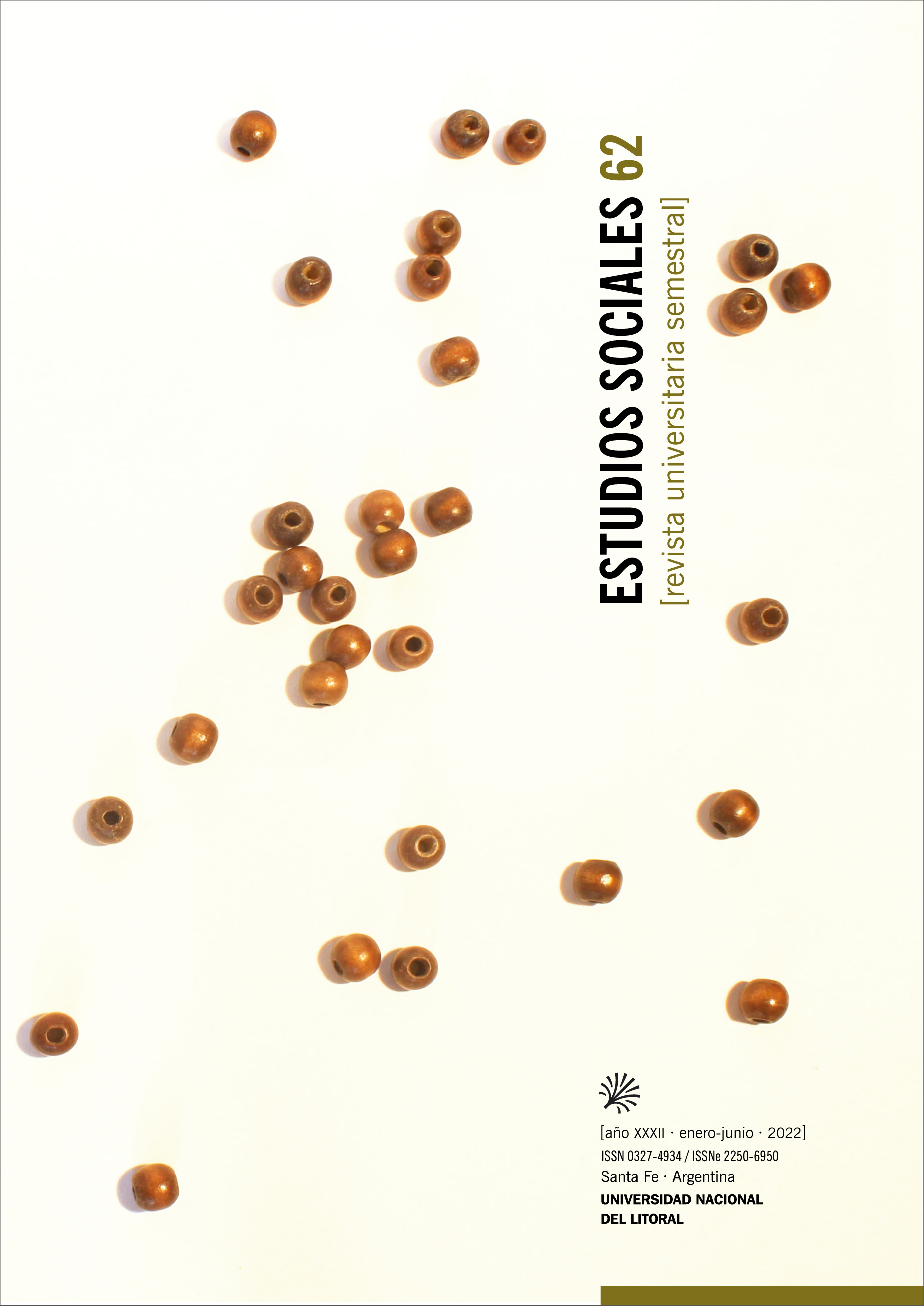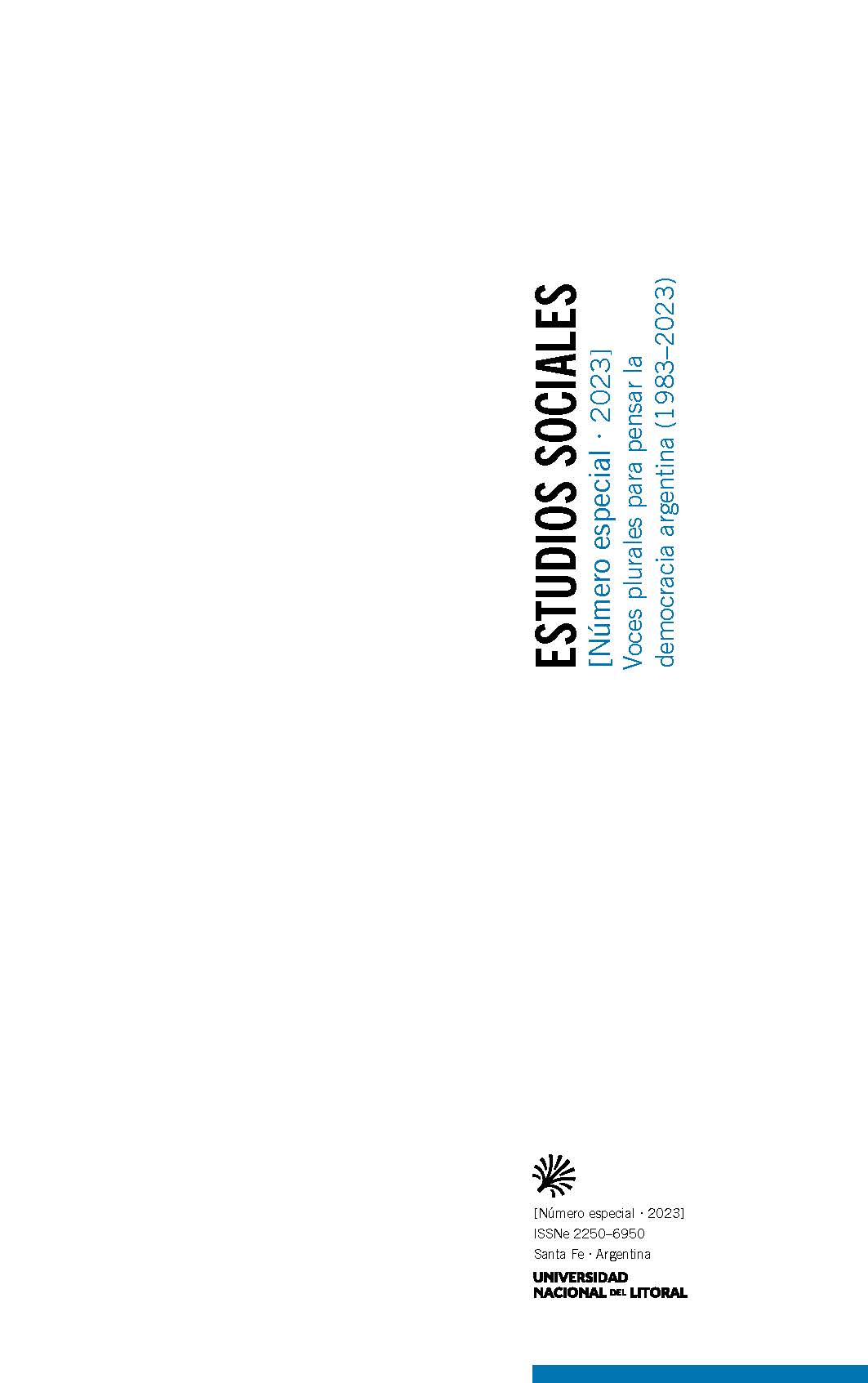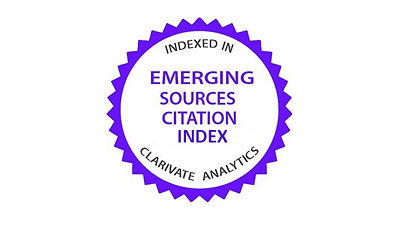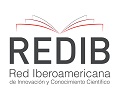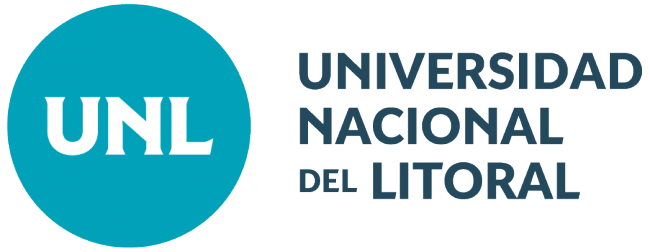Custody the ethereal: advances and challenges in the legal protection of intangible heritage in Argentina
DOI:
https://doi.org/10.14409/es.2022.1.e0023Keywords:
Intangible heritage, legal protection, Argentina, inventory, declarationAbstract
From the second half of the 20th century there was a progressive expansion in the goods included in the phrase "cultural heritage" including those intangible elements such as customs or significant testimonies of a culture. The Convention for the Safeguarding of the Intangible Cultural Heritage (UNESCO 2003) defines the areas of intangible manifestations and establishes the inventory as an essential legal tool of protection. In Argentina, the inventory and the declaration have been used in the field of historical-artistic heritage since the 1940s. From the analysis of a set of norms, jurisprudence, and intangible heritage surveys conducted at the provincial and national level is it possible to systematize the current state of the legal regime of intangible heritage in this country. This work seeks to record the legal status of intangible heritage in Argentina from the traces that can be traced in the legislation and jurisprudence of recent years.
Downloads
Published
How to Cite
Issue
Section
License
Los artículos publicados en Estudios Sociales. Revista Universitaria Semestral se encuentran disponibles gratuitamente en la Biblioteca Virtual de Publicaciones Periódicas de la Universidad Nacional del Litoral: http://bibliotecavirtual.unl.edu.ar/publicaciones.
El contenido está bajo Licencia Creative Commons Atribución-NoComercial-Compartir Igual 4.0 Internacional (BY-NC-SA): no se permite un uso comercial de la obra original ni de las posibles obras derivadas, la distribución de las cuales se debe hacer con una licencia igual a la que regula la obra original.
 Los artículos que sean aceptados, deberán ser acompañados del documento "Autorización para Publicar" que contiene la firma de los autores, en donde se acepta la originalidad del documento y autorizan a la Revista a la publicación del mismo. Las opiniones vertidas por los autores en sus artículos no reflejan necesariamente el parecer de Estudios Sociales. Revista Universitaria Semestral. El contenido de cada trabajo es responsabilidad exclusiva de su autor. En caso de que se utilicen trabajos, datos y/o palabras de otros autores, éstos tienen que ser debidamente citados. Cualquier contenido que sea detectado como fraudulento será elevado al Consejo Editorial de la revista para su revisión, quienes evaluarán el caso y determinarán los pasos a seguir.
Los artículos que sean aceptados, deberán ser acompañados del documento "Autorización para Publicar" que contiene la firma de los autores, en donde se acepta la originalidad del documento y autorizan a la Revista a la publicación del mismo. Las opiniones vertidas por los autores en sus artículos no reflejan necesariamente el parecer de Estudios Sociales. Revista Universitaria Semestral. El contenido de cada trabajo es responsabilidad exclusiva de su autor. En caso de que se utilicen trabajos, datos y/o palabras de otros autores, éstos tienen que ser debidamente citados. Cualquier contenido que sea detectado como fraudulento será elevado al Consejo Editorial de la revista para su revisión, quienes evaluarán el caso y determinarán los pasos a seguir.
Estudios Sociales. Revista Universitaria Semestral adhiere al Código de Conducta y Guía de Buenas Prácticas para editores científicos del Comité de Ética de Publicaciones (COPE):http://publicationethics.org/
